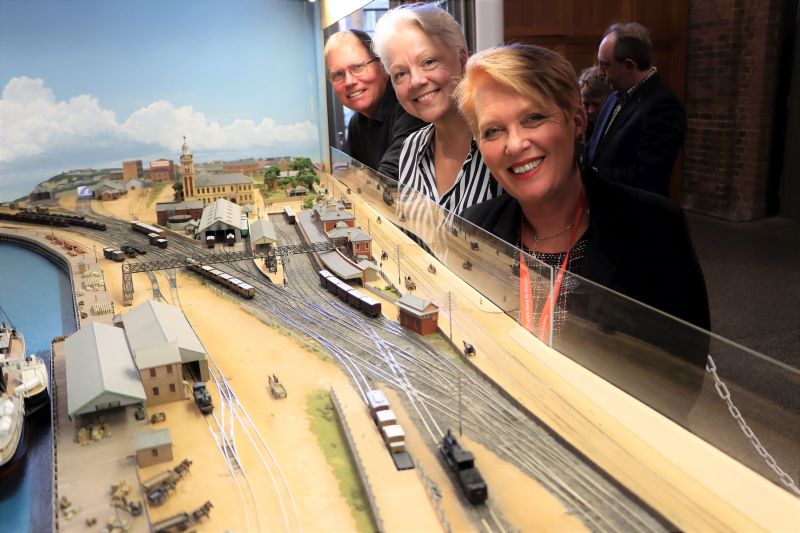The first round of the new Towards Zero Safer Roads Program has kicked off with the NSW Government investing $41 million to improve road safety across the state’s regional areas.
The program’s opening round, which will run until the 2024/25 financial year, will initially prioritise planning of 27 new projects and the roll out and completion of a further 11 safety upgrades in regional NSW.
These projects will deliver important road infrastructure at high-risk locations that can help save lives. This includes wide centre lines, safety barriers, rumble strips and shoulder widening.
The Towards Zero Safer Roads Program aligns with the 2026 Road Safety Action Plan, reflecting the government’s dedication to achieving this goal.
The new program builds on the success of the previous Safer Roads Program, which is estimated to have saved up to 1550 serious injuries and lives over the lifetime of the program.
For info on the projects funded see the Round 1 – Regional Projects (PDF 176KB)launch.
Minister for Regional Transport and Roads Jenny Aitchison said:
“Regional drivers make up one-third of our road users, yet nearly 70% of fatalities occur on country roads. In our country towns everyone knows everyone – any death or serious injury echoes through the entire community. They are not just numbers, they are people we know and love.
“Reducing road trauma on country roads is a key focus for the Minns Labor Government. This initial $41 million investment for 38 projects will help make the journeys on regional state roads safer, now and into the future, as we strive towards our goal of zero deaths or serious injuries on NSW roads.
“Road safety infrastructure, such as wide centre lines are estimated to reduce head-on crashes by 50% and run-off road crashes by up to 25%. Additionally, safety barriers can reduce the severity of a crash by up to 95%, minimising the chances of a death or a serious injury.
“We want drivers to get home safely each night to their loved ones and this investment will ensure we are heading in the right direction to achieve that.”

